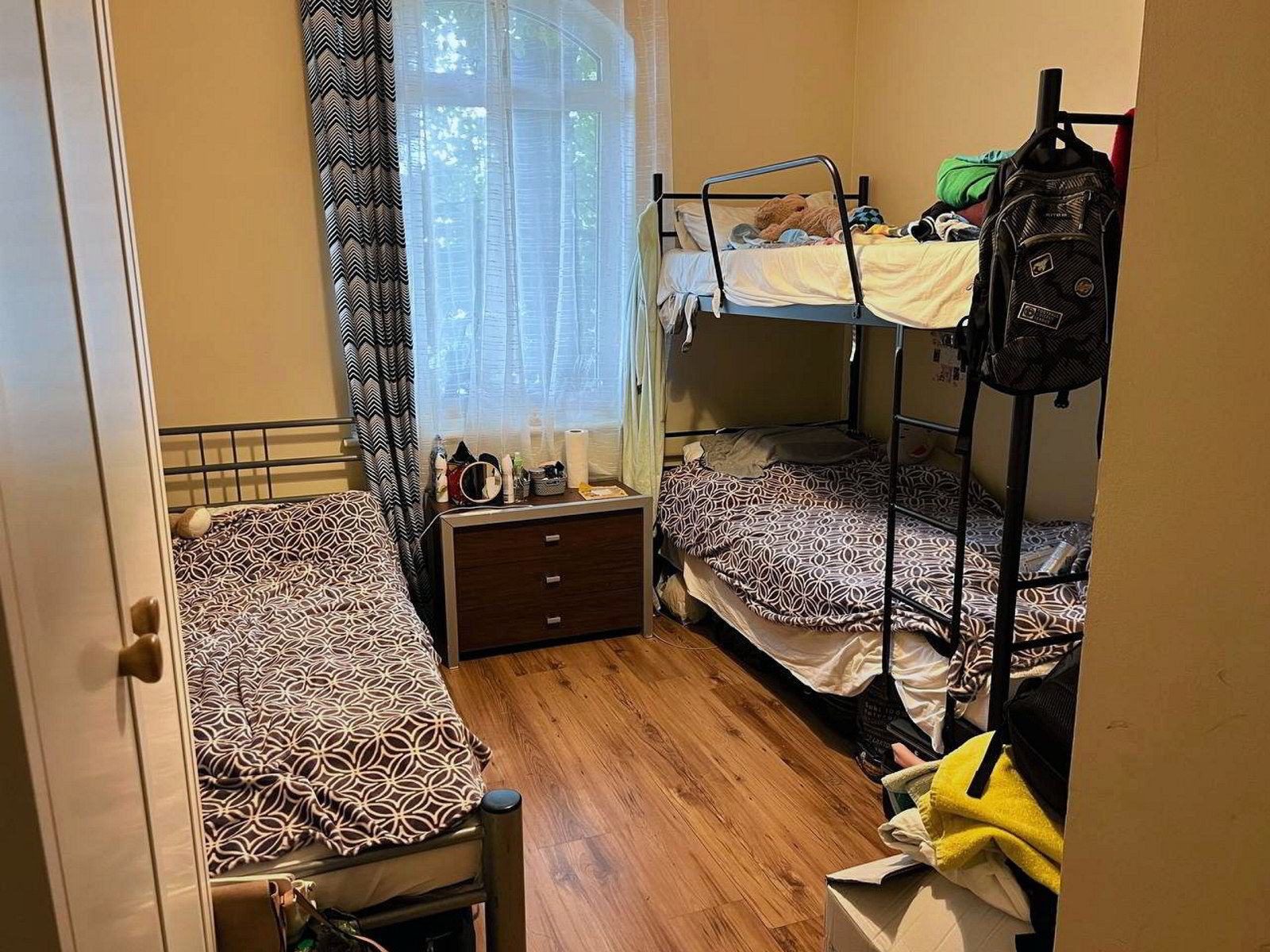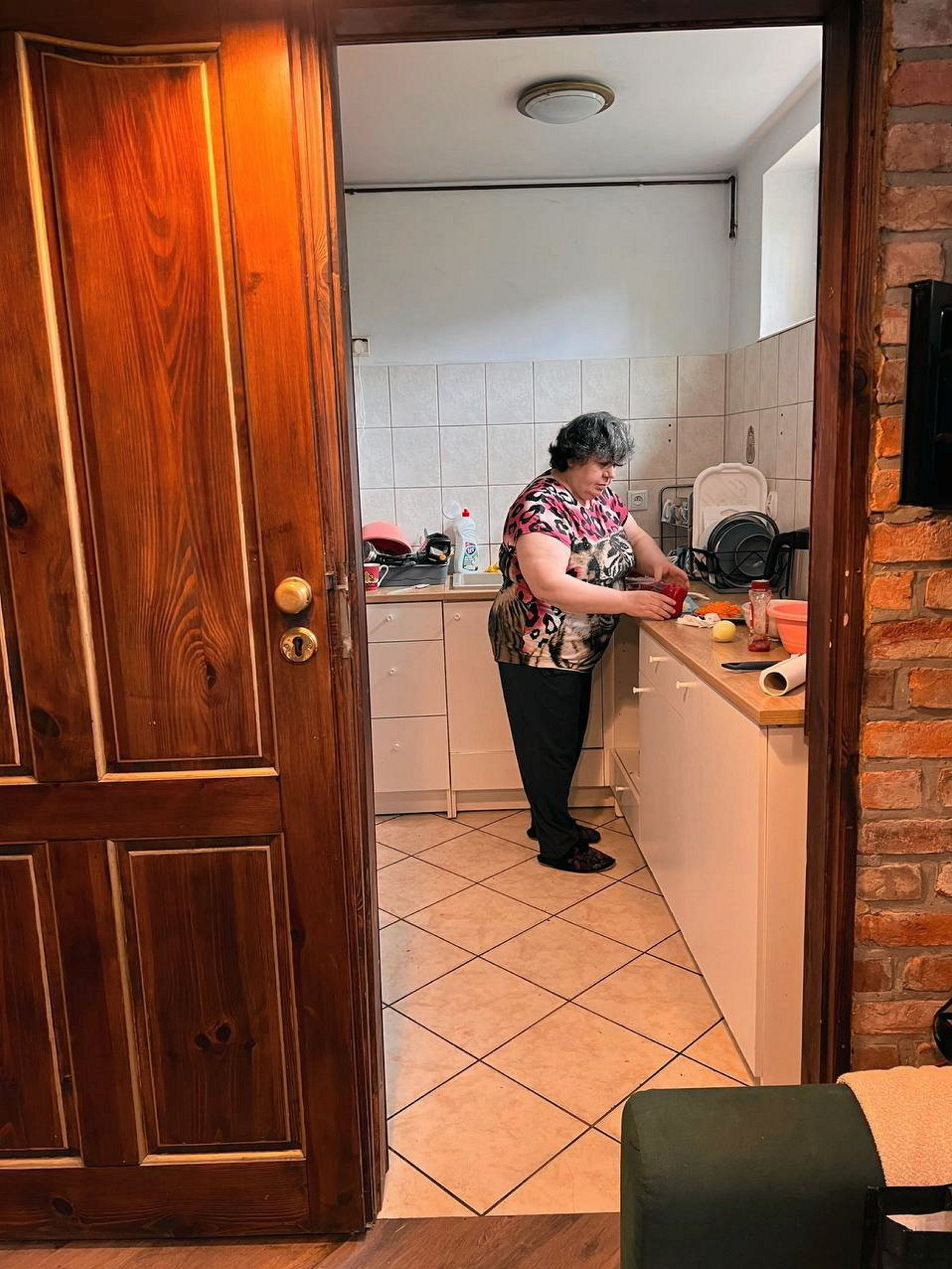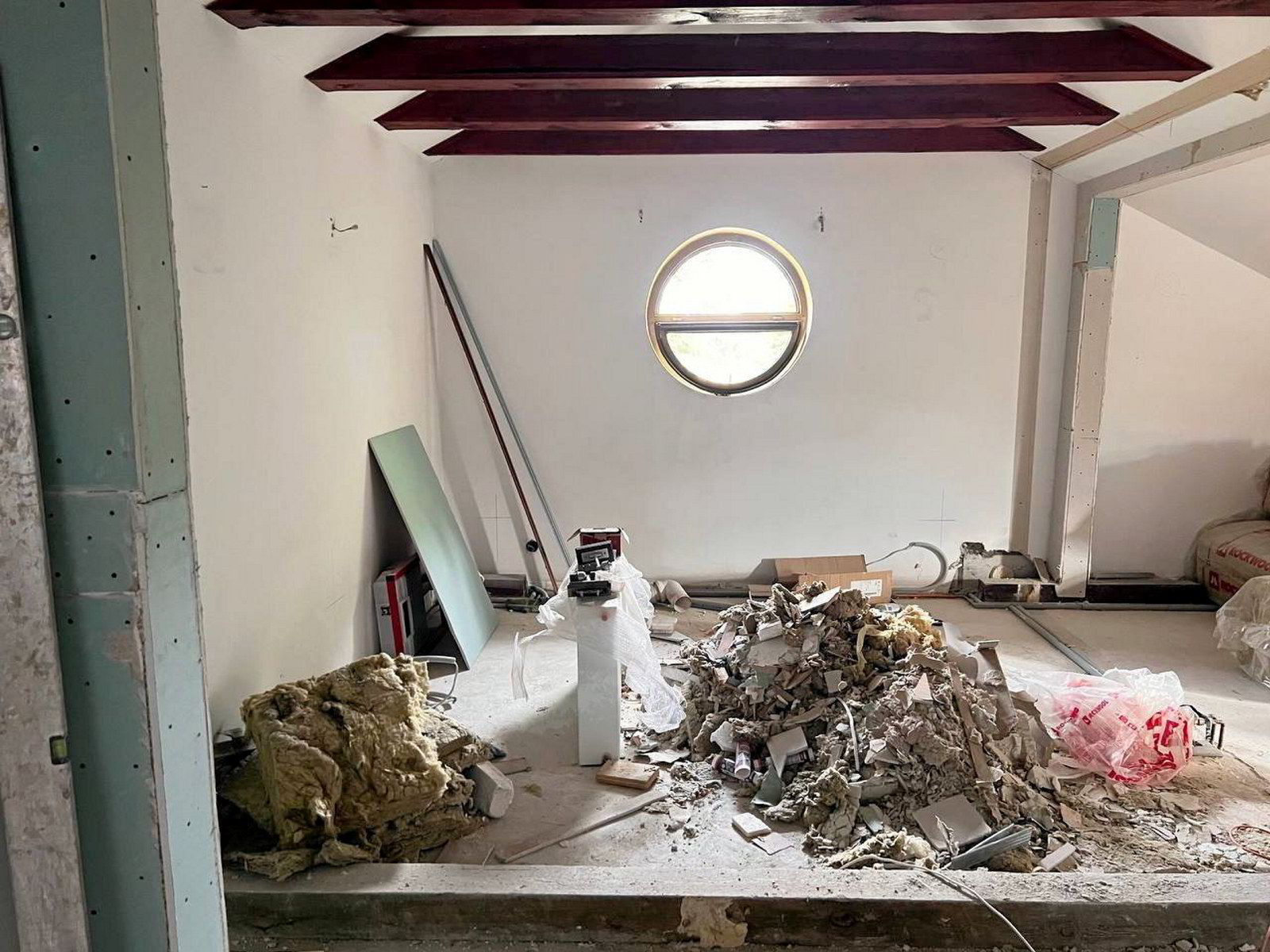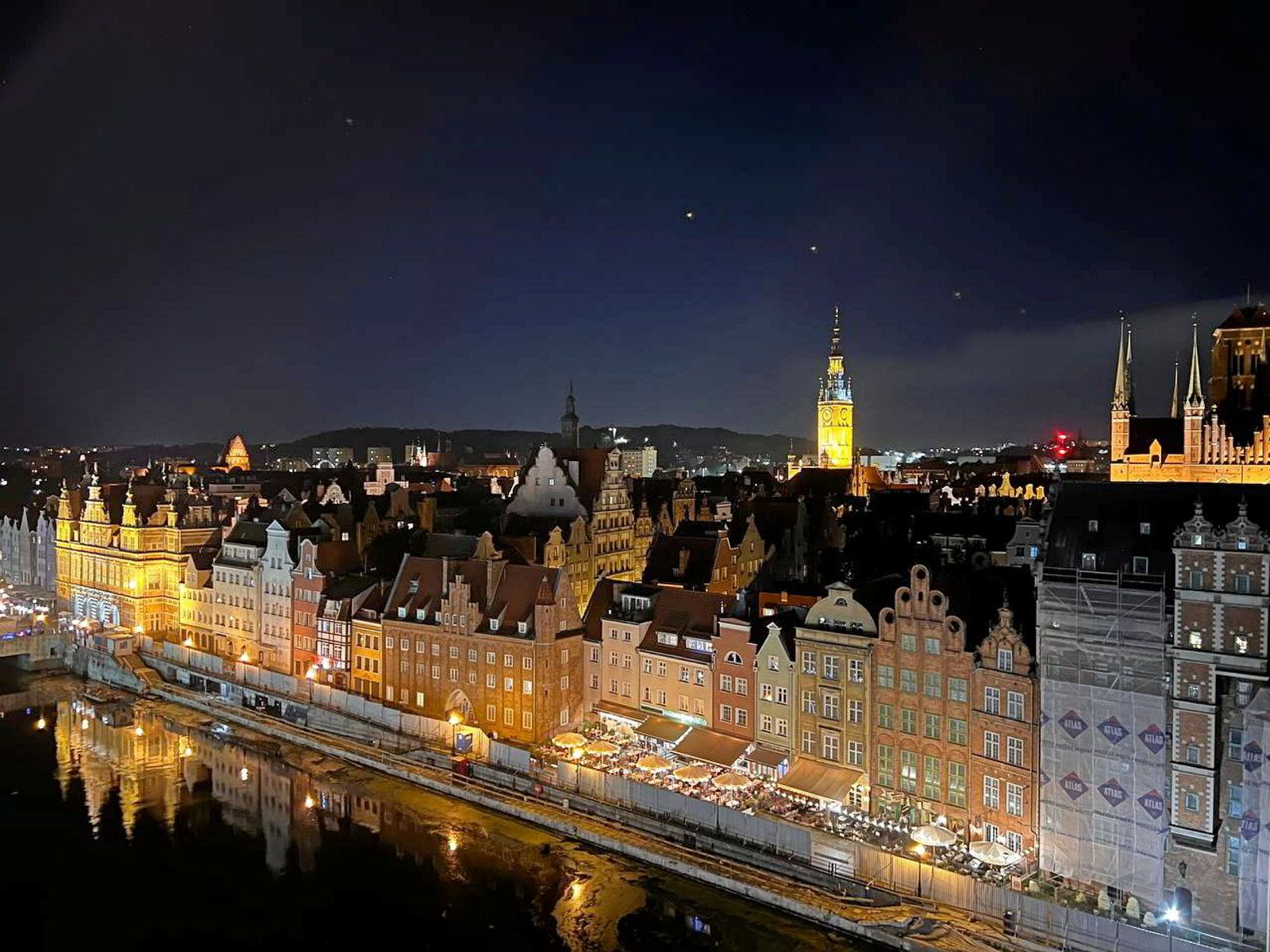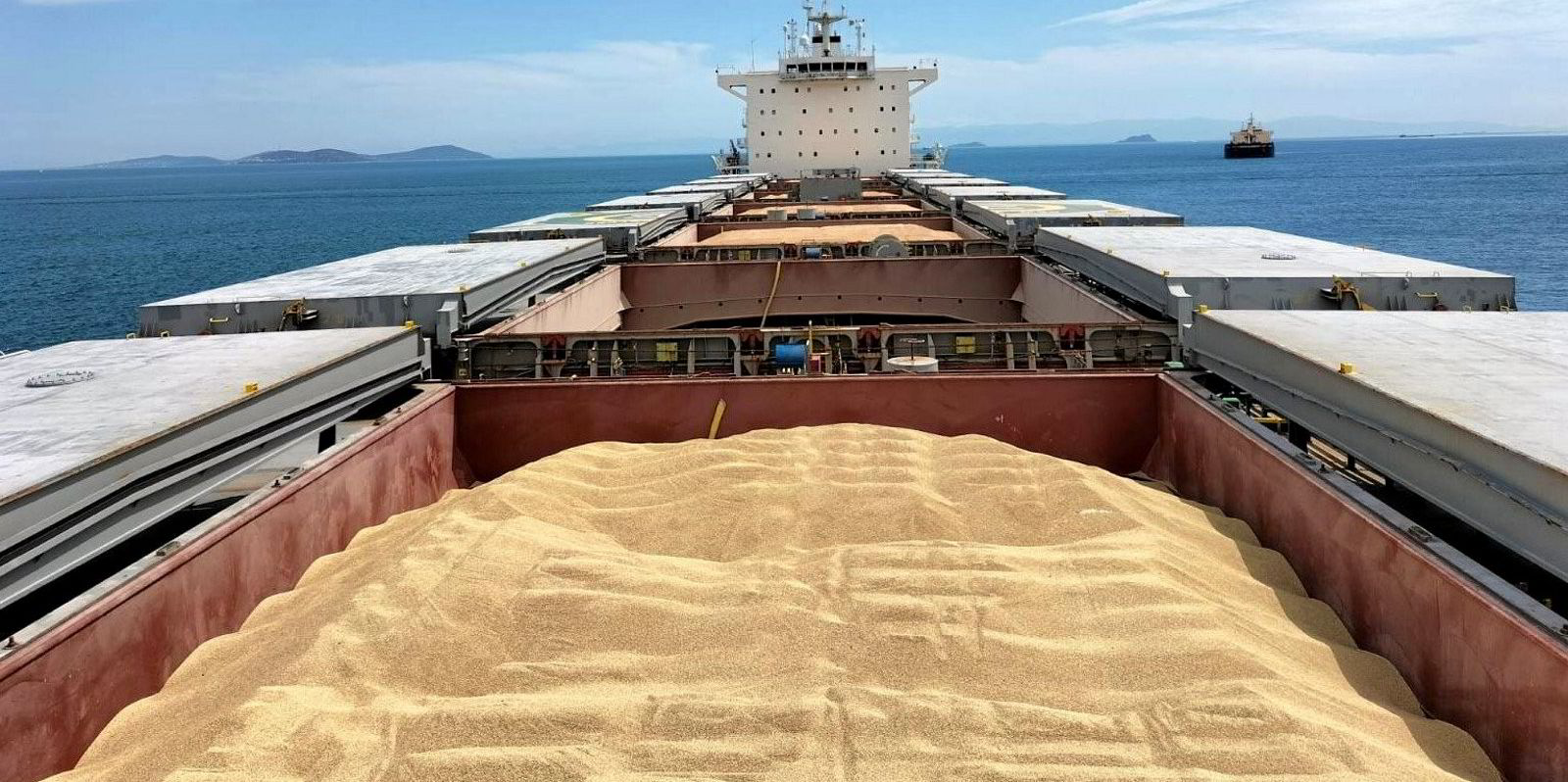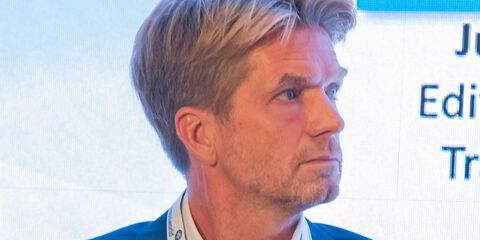Gdansk knows something about building back. The Polish city was painstakingly rebuilt brick by brick after being almost destroyed by Soviet forces in World War II.
Today, Gdansk is a place where Ukrainians are trying to rebuild their lives after having been displaced by Russia’s invasion of Ukraine.
TradeWinds reported in November on a project in the city that aims to provide a home to women and children who have lost partners and parents in Ukraine.
The home has been funded by people in shipping through a fundraising initiative known as The Jolly Sailor Society on behalf of charity Obudz Nadzieje (“Awaken Hope”), which is setting up the home with oversight from local authorities and regulators.
Progress has been steady, as TradeWinds found when it visited in August. However, the project faces new challenges and fresh needs of the people who require its support.
People in Poland opened their doors to take in Ukrainian families last year, taking in more refugees than any other nation. But placing people in private homes could only ever be a temporary arrangement. The situation means that many displaced Ukrainian families urgently need to find a place to stay.
It is why the home in Orunia, Gdansk, opened its doors to Ukrainian women and their children before Christmas despite the building being in the very earliest stages of refurbishment. Eight families live there currently.
The home also aims to house up to 14 unaccompanied children orphaned in Ukraine and a small number of 18-year-olds as soon as possible. This means The Jolly Sailor Society is once again calling for donations to continue and accelerate the refurbishment work.
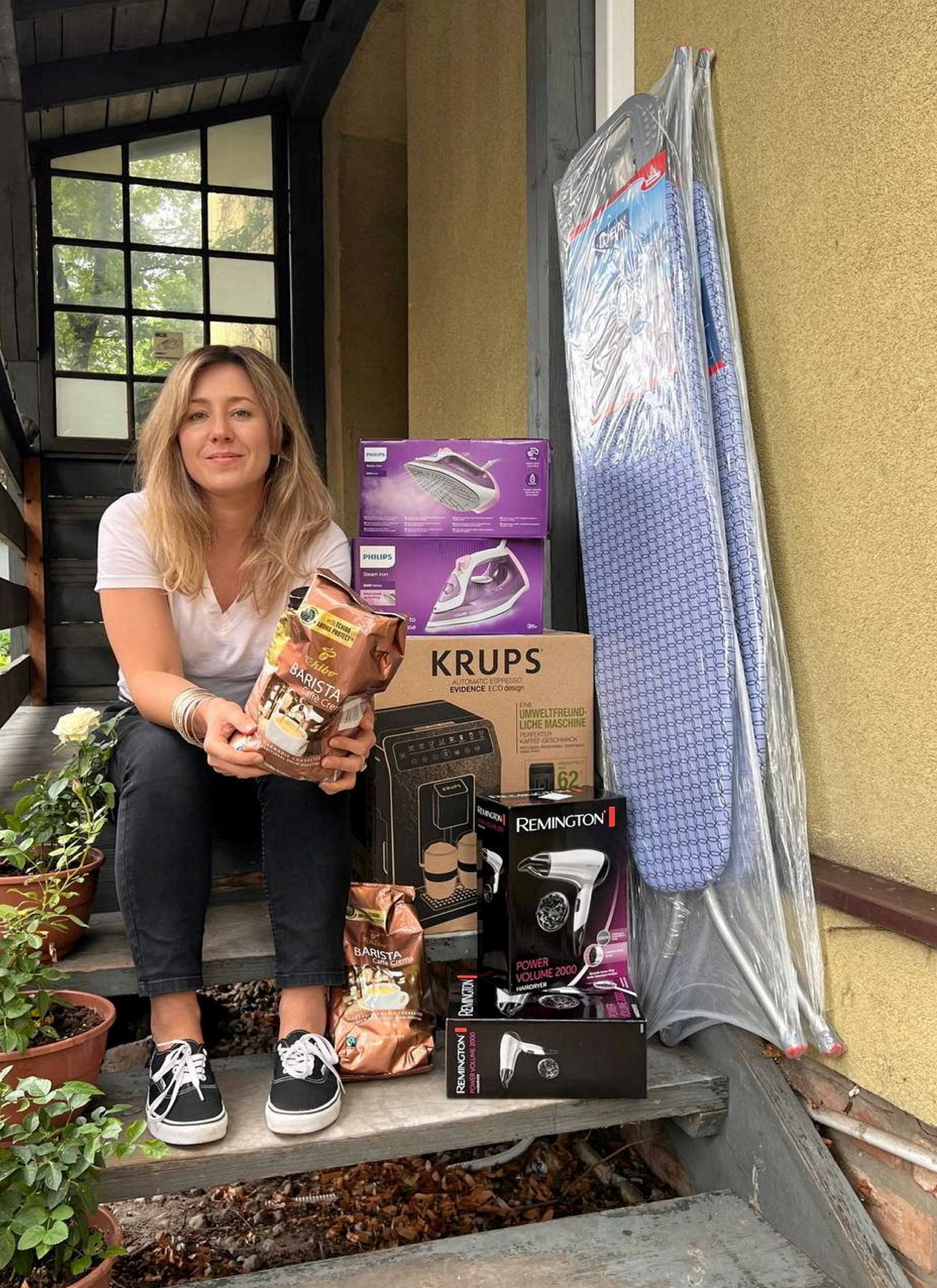
Inesa is from Zhmerynka in western Ukraine and lives at the home with her two teenage children. They arrived in Poland in March last year and spent their first year in the country living in a private home until the owner told them they would have to leave.
Their search for somewhere new to live was complicated by the fact that so many other Ukrainians in Poland were caught in similar circumstances.
Inesa told TradeWinds she was on the verge of moving back to Ukraine when a friend told her about the Orunia house, where she has lived since March. She said she does not feel Zhmerynka is safe for her family because of the constant threat of Russian bombardment. Her husband is still there and is unable to leave.
“Girls here are good women. If I ask for them to help me, they help me. If I need help, I call the staff. Sometimes there is free food. If I want something in my room, I can call and ask for it,” Inesa said.
“Trust me, this hairdryer is not going to be powerful enough.”
These are not usually words that escape TradeWinds’ lips, especially on a work trip.
But we had been given a shopping list of items to buy for the Orunia home and, determined to pitch in, here we were — browsing electrical goods for what would give us the biggest bang for our “Blue Paper” buck.
We headed back to the house with a trunk full of goods such as ironing boards and irons, beans for the new coffee machine — and, crucially, hairdryers.
One resident, for understandable reasons, had not thought to pack a hairdryer when she fled Ukraine with her children. But now, having started a new job in Gdansk, not having the appliance with her was a daily annoyance at best. At worst, it was a nagging reminder of the life she had been forced to leave behind.
TradeWinds believes that everyone should have equal access to “good hair days”, no matter their circumstances, and was happy to provide some creature comforts for the home’s residents.
Then it was time to sample the new coffee beans in the kitchen, which will hopefully soon be refurbished to allow many people to cook at once.
The sun was shining outside. A boy and his mother were practising their English lessons at the kitchen table (TradeWinds helped). For a moment, it was easy to forget the turmoil that had brought us together.
“I’m here with two children. It is difficult for me. I don’t speak Polish. It’s difficult to find a job and if I find a job, it’s low money.”
Although she works, Inesa does not currently earn enough to get her own apartment. It would be a choice between paying rent and feeding the family, and she said the roof over their heads would have to come first. This is why the Orunia home is so important for Ukrainian families who find themselves in Poland with no way back and an uncertain path forward.
Natalia is here from Kharkhiv with her 13-year-old son. Her husband is a Ukrainian soldier who is in a Russian prison, a source of great stress for the family.
She cannot return to Kharkhiv — “all the time, bombs” — but said she is happy at the home for now.
“What we want, we have,” she told TradeWinds.
The top floor of the building is being converted into two apartments for Ukrainians of 18 years and older. In its previous work, the Obudz Nadzieje charity has identified a need for stable housing for young people who are legally no longer children, but who are not quite ready to live alone. Ukrainians, especially those who do not speak Polish well, are even more vulnerable on their path into adulthood.
As well as providing a safe and comfortable place to live, the home is also helping people to rehabilitate. A psychologist calls at the home every week to provide support to residents, some of whom have suffered trauma.
The home intends to set up a bakery on its ground floor, which will take on young Ukrainian people as apprentices. The challenge in the meantime is finding the right baker to be a tenant in the space.
The Orunia home is supported by a team of local volunteers, many of whom hold down full-time jobs yet still somehow find time to spend a few hours helping out each day.
Help has also sprung from seemingly unlikely places. When old furniture needed to be cleared from the home last winter, hardcore fans — “ultras” — of the city’s football club Lechia Gdansk stepped in to lend a hand.
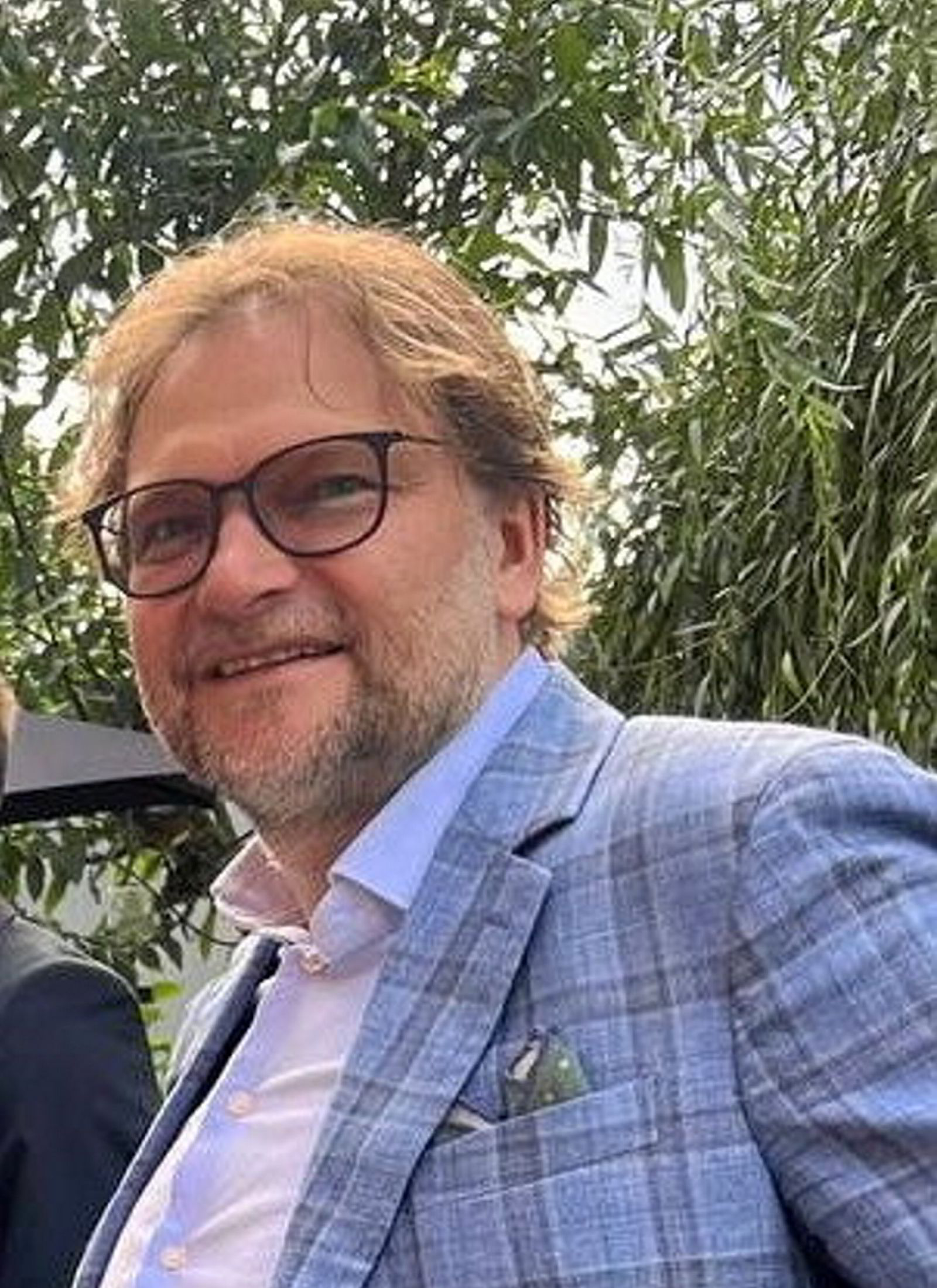
It is hoped that up to 14 children who have lost parents in Ukraine will be rehomed in the building, but the regulations that govern orphanages in Poland are strict and it will take time to get the house ready and to secure approvals from local authorities.
The biggest — and most expensive — challenge in the meantime is meeting the extra-strict fire regulations that govern children’s homes in Poland. The whole building is being rewired with fire detection and suppression systems, which are not cheap.
A new heating system is being installed but there are concerns that keeping the home warm this winter could be costly if energy prices escalate once again. Inflation has made refurbishment work all the more expensive, exceeding initial estimates.
Another immediate need is a new kitchen. The current space is cramped and old-fashioned, with only one small stove and sink. The charity wants to renovate and enlarge the kitchen so that multiple people can cook at the same time without needing to share appliances. The room next door will become a playroom so that kids can be nearby.
As winter approaches and the cost of just about everything increases, more financial support will be needed to get the home ready to accept more new residents as soon as possible. It is hoped that people in shipping can once more step in to lend a hand.
Those interested in supporting the Jolly Sailor Society can find out more and donate directly via its website, www.thejollysailorsociety.com
The Jolly Sailor Society fundraising initiative focuses on securing donations from people in shipping for the Obudz Nadzieje (“Awaken Hope”) charity.
As it happens, the charity was also established by people with shipping connections.
Brothers Darek and Marek Krawczyk co-founded Gdansk-based coal trading company Balta and set up Obudz Nadzieje 14 years ago. The charity focuses on groups who are often excluded from society, including disabled people. Websites for both the charity and the Jolly Sailor Society are maintained by a man who is paralysed from the neck down and works using only his mouth.
Balta’s name will be familiar to anyone involved in capesize trades, mostly for coal. Much of its coal transport needs are handled through contracts of affreightment with operators Oldendorff Carriers and SwissMarine, and the trader sometimes dips into the spot market for vessels too.
Balta has also begun to branch out into iron ore for receivers in India, but the volatile iron-ore market has meant that Balta’s volumes have remained small so far.
What Twiss did next
The Orunia project was able to get up and running quickly thanks to former Oldendorff CEO Peter Twiss, who personally donated a six-figure sum to buy the building in Gdansk last year. But he will not stop there.
He got involved after being approached last year by Slawek Ratajewski, head of Oldendorff’s cargo desk, who had the initial idea to set up the home. Other Oldendorffers pitched in too, as have companies like shipbroker SSY.
Twiss visited the home in August and told TradeWinds he is committed to supporting the project, as is his wife, Natalie, who was previously Oldendorff’s director of administration.
He sees the Orunia home as a continuation of the work Natalie undertook in supporting Ukrainian crew on board Oldendorff vessels after war broke out.
It is all about helping Ukrainian people to settle, he said.
"We do what we can to make sure those people have a life. Their lives shouldn't stop over the next two or three years," he told TradeWinds.
"It's not just about this house, it's about the whole ecosystem around it."
Twiss said he is enjoying his retirement so far, but is keeping busy. His immediate project is to get the Obudz Nadzieje charity recognised outside of Poland so that donors can write off their donations against tax.
“I will be attacking that,” he said.
“When I was working hard in shipping, I had no time. When this came along, I said: ‘Ok, I’m not doing anything else.’ When you do it, you have to really do it — it has to be The Full Monty.”

